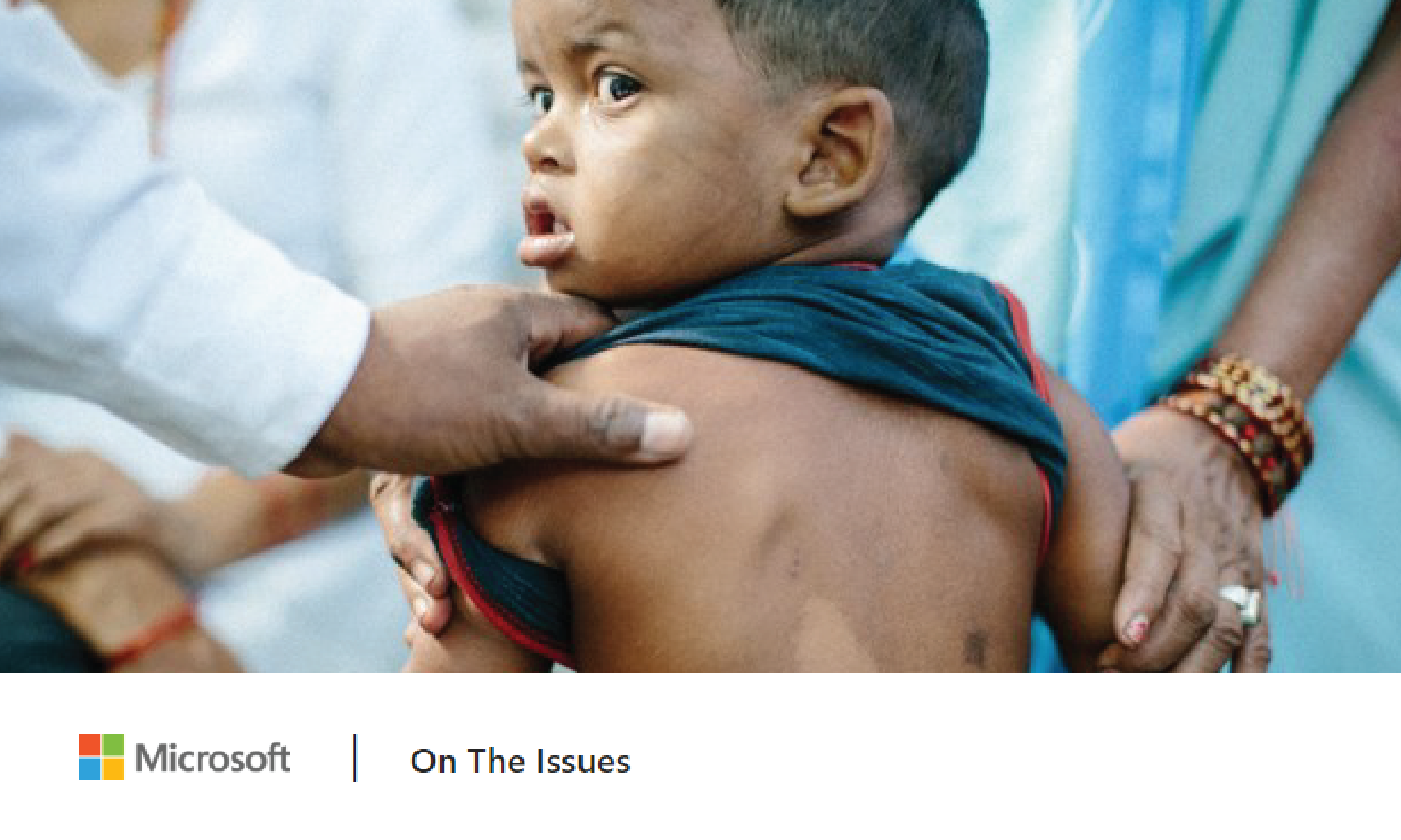The health of people and communities around the world has been improving over time. However, progress has not been equal across the globe, and there is a great need to focus on societal issues such as reducing health inequity and improving access to care for underserved populations. While researchers work to unlock life-saving discoveries and develop new approaches to pressing health issues, advancements in technology can help accelerate and scale new solutions.
That is why last week Microsoft launched AI for Health, a new $40 million, five-year program to empower researchers and organizations with AI to improve the health of people and communities around the world. The program is underpinned with a strong foundation of privacy, security and ethics, and was developed in collaboration with leading health experts who are driving important medical initiatives. AI for Health is the fifth Microsoft AI for Good program, a $165 million initiative to empower researchers, nonprofits and organizations with advanced technologies to help unlock solutions to the biggest challenges facing society today.
Read more at Microsoft On The Issues.
More For You
Most Popular
Walmart’s $350 billion commitment to American manufacturing means two-thirds of the products we buy come straight from our backyard to yours. From New Jersey hot sauce to grills made in Tennessee, Walmart is stocking the shelves with products rooted in local communities. The impact? Over 750,000 American jobs - putting more people to work and keeping communities strong. Learn more here.
